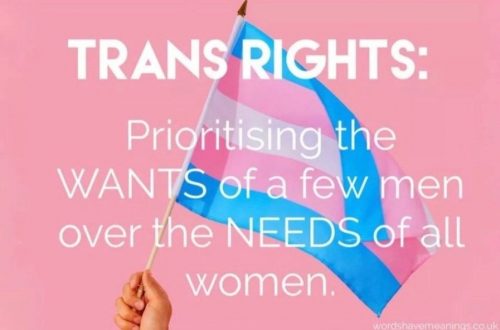This is part 2 of a three part guest post by David Patrikarakos. Part 1 may be read here.
When Akbar Rafsanjani took office as the 4th President of the Islamic Republic on 3 August 1989, he had a plan. He had watched the intemperate diplomacy and political foolishness of the early republic isolate his country, for which it had paid dearly during the Iran-Iraq war. The US, previously Iran’s staunchest ally, had been (rightly) enraged at the so-called hostage crisis, in which a militant group of Iranian students had held 52 people in the US embassy in Tehran hostage for 444 days from November 4, 1979 to January 20, 1981. Taking a multi-pronged attack, Washington had placed unilateral sanctions on Tehran, broke off diplomatic relations, pressured its allies to do the same, and (when the war began) took steps to bolster Iraq and the other Arab powers in the Gulf.
Rafasanjani was determined that a change in the very fabric of Iranian foreign policy decision-making was necessary. He sought a “routinization of the Revolution”, bringing in many (often Western-educated) technocrats designed to introduce a realist corrective into Iranian foreign policy to tally with perceived US pragmatism. Ideology was dismissed; Washington didn’t work like that. The view was clear: the US was a rational actor that pursued recognizable geopolitical and economic ‘interests.’
Certainly, the process was tough, the Rushdie Affair showed that Iran still struggled with its own revolutionary self. But the new President was determined that some degree of harmony could be achieved. The key, or so the mercantile President believed, lay in financial incentives. He was determined that Iran be ‘open for business.’ As he so succinctly put it: “it is oil the US wants; and we want to sell.”
But as the Iran-Iraq war had burned much of the initial fervour of revolution out of Iran, many within Washington emerged from the 1980s with attitudes hardened and prejudices reaffirmed. The Hostage Crisis had brought down the Carter Administration. The 1986 ‘Iran Contra affair’ – in which the US was caught doing arms-for-hostages deals with Iran and funding the Nicaraguan Contras group to boot, almost finished Reagan. Iran had enraged both Democrats and Republicans, and there is little doubt that it had become “a category of its own as far as US policy makers were concerned.”
Iran’s geopolitical position makes it vital as a transit for oil and gas out of the Caspian Basin toward the Persian Gulf. There is considerable economic logic in running pipelines through the country, as opposed to more expensive and circuitous routes through Turkey and Russia. Rafsanjani proposed extensive collaboration with Washington on this very issue.
Added to this, he targeted the US directly, offering American oil companies, in this case Conoco, a stake in Iranian oil development. But, incredibly (to Iranian eyes) these were rebuffed. To the fury of Conoco itself, which was banned from taking up the offer, leaving the grateful French to step in, Washington also decided to circumvent the Iranian pipeline offer, underwriting expensive alternative routes through, of all places, Afghanistan.
The subsequent imposition of extensive sanctions through both Executive Order and legislation (the Iran Libya Sanctions Act – ILSA) (which sought to introduce secondary sanctions on any foreign company investing in the Iranian oil and gas sector) convinced the new Iranian ‘realists’ that the US could not be reasoned with.
But they comforted themselves that this was a Democrat administration, and as such, (in Iranian eyes) traditionally beholden to the Israel lobby. President Clinton’s decision to block the Conoco deal had come in the wake of intense pressure from AIPAC. And besides, the scope of antipathy had already been revealed by the imposition of ‘Dual Containment’, and the appointment of Warren Christopher as Secretary of State in 1993, who, as a result of personal experiences during the hostage crisis, was widely believed to have ‘issues’ with Iran.
Iranian ‘realists’ were therefore reassured that they only had to wait for a Republican victory at the polls for the return of good old fashioned American pragmatism (a view reinforced by the Republicans in opposition). Then things would move forward.
Wouldn’t they?


